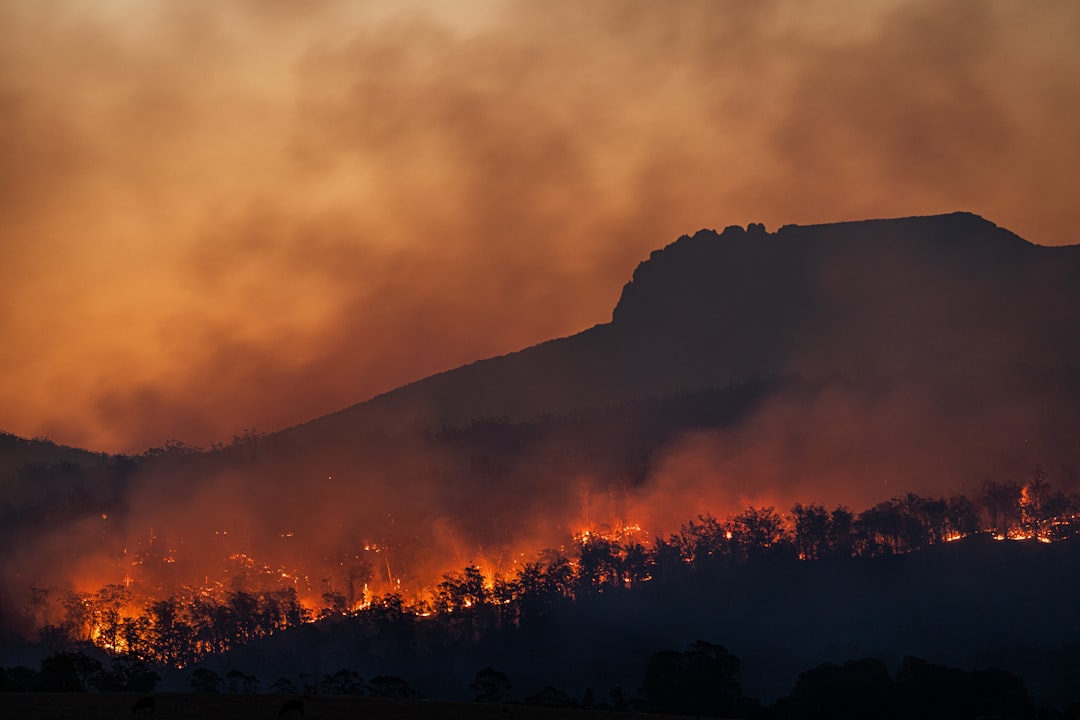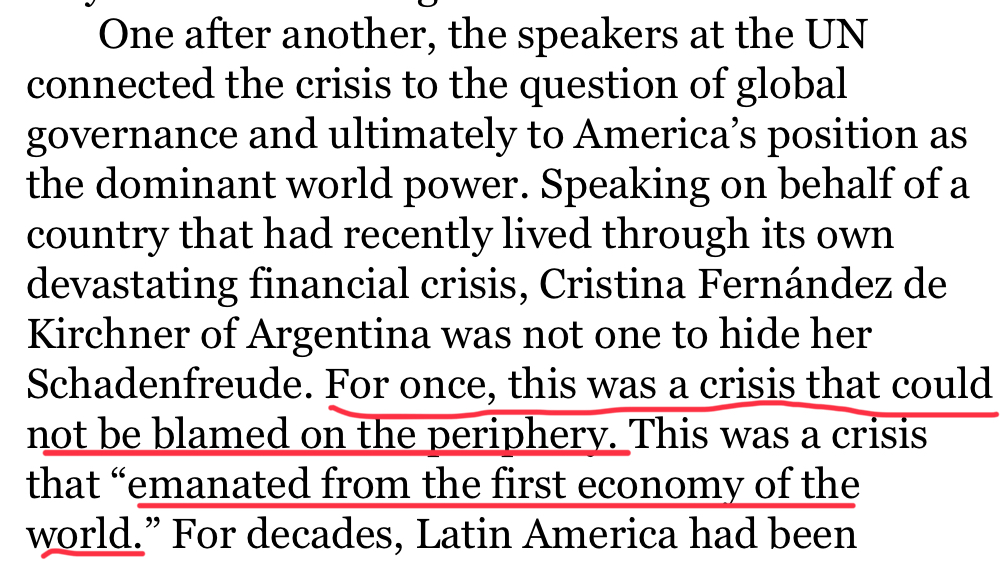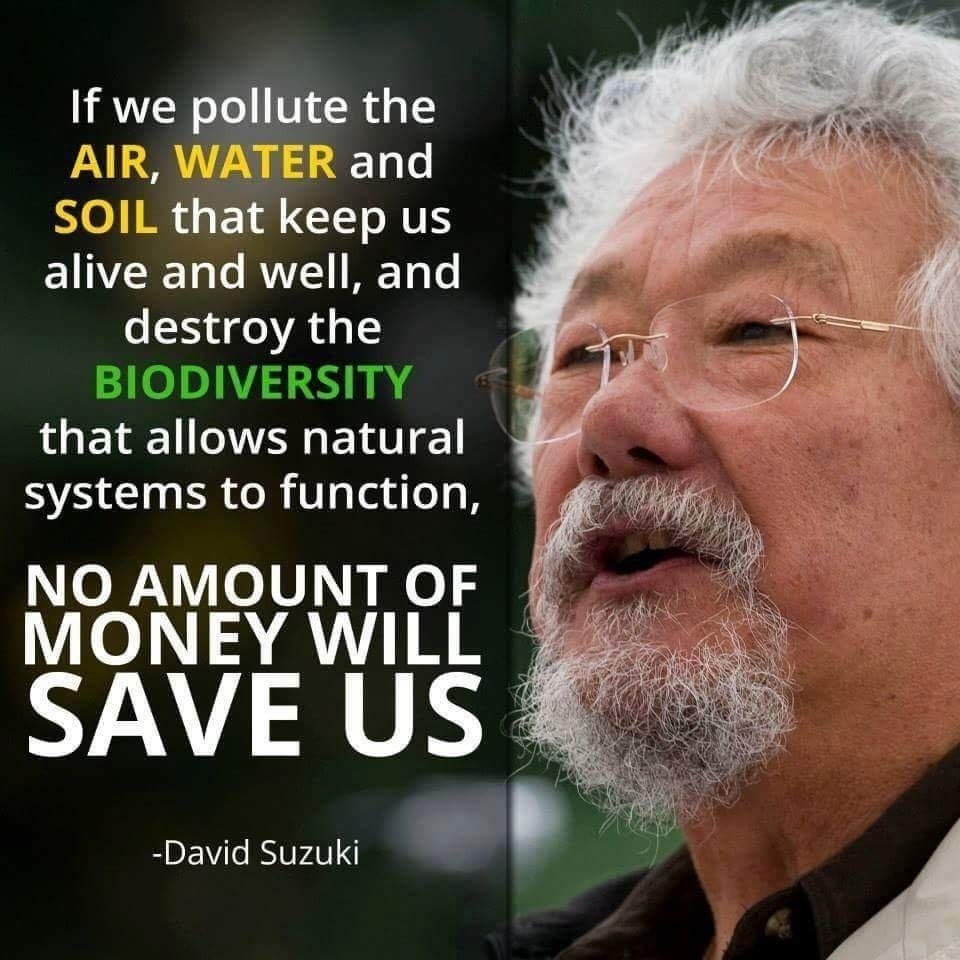Planet Fail

My college roommate trained to be a string theorist, the most speculative and abstract part of theoretical physics. String theory is a lot like the stock market, full of boom and bust cycles. String theory was in full boom when were both graduate students but it shaded into stagflation by the time we graduated. After two postdocs in prestigious institutions without any sign of a faculty position, the said roommate left physics for Wall Street, joining Bear & Stearns (or was it Lehman Brothers).
Unfortunately, that was the fall of 2008.
I haven’t heard from him since.
I was in India those years, watching the world melt down from a place that wasn’t affected as badly as where I am today. Obama was elected in an unprecedented election - I still remember tears streaming down Jesse Jackson’s eyes after he heard Obama had won.
Pretty much everyone I know (including myself) agrees that Obama botched the recovery, handing over huge sums of money to those too big to fail while ordinary Americans saw their wealth turn into sand. But here’s an alternate perspective: the system worked, in that the crash didn’t turn into another Great Depression and while the crisis continues to drag on, it didn’t turn into catastrophe.
You could say the same thing about the pandemic. The world stopped functioning in March of 2020 but it didn’t collapse. Fifteen million people died, but not five hundred million- compare the death toll today with that of the Spanish Flu a hundred years ago. A vaccine was discovered and produced and distributed at global scale in less than a year. Amazing when you think about it. That vaccine skepticism has combined with general disbelief in science and liberal governance is another matter.
If you think a year is fast, look at how the US has assembled a coalition against Russia in a matter of weeks and deployed financial warfare in response to Russia’s invasion of Ukraine.
In short: some systems work as long as we always preface that claim with the rider: “for whom and under what conditions?”
These successes, however flawed, are in sharp contrast to the dismal failure when it comes to planetary governance. Forest fires, unbearable summers and crop failures are the norm and yet we can’t assemble global institutions to address climate change or ecological collapse at anything like the scale and speed we respond to financial crises and pandemics.
Why this contrast? Why is the liberal system geared to solve one problem but fails with the second? Why does the Leviathan rise from the ocean for one but not the other?
There’s a hint at the beginning of Adam Tooze’s Crashed (his history of the financial crisis):
The globes institutions are all institutions of the center and every single one of them is deployed in force when the center’s hold on life and liberty is at stake. The periphery, on the other hand, has always been a site of extraction. As far as the globe is concerned, the earth is entirely periphery.
Which is why provincializing the globe is so important. The globe cannot be treated as the center any more.
The way we know the globe is totally different from the way we know the earth: one is theoretical, practical and ethical at once, befitting an entity we inspect and inhabit while the other is mostly abstract, like it was a distant star inspected through a telescope. Telescopic thinking is only one species of thought. The genus is much bigger and will have to be expanded even more if we are to grasp the earth as it demands.
But what would it mean to center the earth in practice?
Lenses help us see but they don’t help us act, and when we act, we do so crudely- like with vaccines. We can’t impose sanctions on the corona virus and nudge it towards better behavior or send an ambassador to the court of the Lion King.
I am serious!
We can only domesticate, exterminate or conserve other species - we have no concept of diplomacy with them, or trade relations or any number of subtle connnections that bind humans to one other. There are a zillion institutions for global governance as well as mechanisms for maintaining political order, managing flows of energy, information, money, commodities etc. Even niche functions have standards and penalties. For example, there are international accounting standards under the IFRS umbrella:
Corporations, tax accountants and a range of other white collar professionals are trained to follow these standards. Do we have anything like this for carbon or for planetary ecologies? Above all, there’s no such thing as money when it comes to the planet, i.e., a system of measurement, exchange and storage that connects all beings. I can’t trade with a whale, nor can polar bears invest in futures for arctic ice.
Is that a good thing? Probably, but as they in Silicon Valley - if you’re not the customer, then you’re the product. Right now, the non-human world can’t be a customer and therefore….
they’re being replaced by things one can buy and sell. As of 2020, human made things exceeds the biomass of all living beings:
That can’t be very good can it? Of course, we have to a bit careful when making such statements. For comparison, the largest iceberg in the world - A76 - is almost 5000 sq km and its mass ~ 5*10^12 tons - is twice the mass of the global biomass just on its own. Even these comparisons are misleading, as are many of the numbers that make up the anthropocene. Our measures of the living earth are crude in comparison with our measures of the global economy and the institutions we have to govern the earth are truly pitiful.
But what currency can replace money as the medium of planetary commerce?






